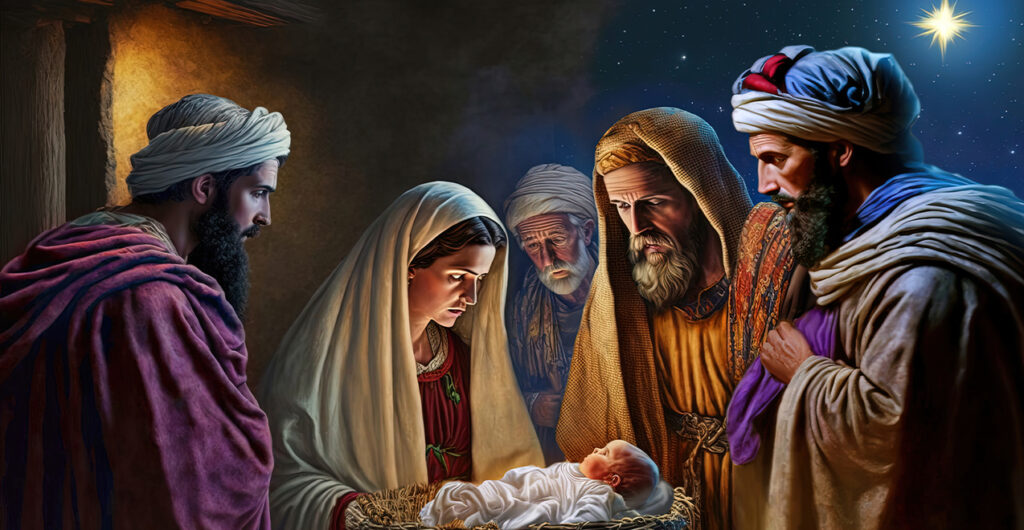
The Christmas story is surely one of the greatest stories ever told. It chronicles a birth from which the world records time as before or after. Fr. Ron Rolheiser writes that inside its great narrative, there are multiple mini-narratives, each of which comes laden with its own archetypal symbols. One of these mini-narratives, rich in archetypal imagery, is the story King Herod and the wise men. We see this in the Gospel of Matthew when he tells us how various people reacted to the announcement of Jesus’ birth. Matthew sets up a powerful archetypal contrast, blessing, and curse, between the reaction of the wise men, who bring their gifts and place them at the feet of the new king, and King Herod, who tries to kill him. The real point of this story is the contrast between the wise men and Herod: the former sees new life as a promise, and they bless it; the latter sees new life as a threat, and he curses it. This is a rich story with a powerful challenge: what is my own reaction to new life, especially to life that threatens me, that will take away some of my own popularity, sunshine, and adulation? Can I, like the wise men, lay my gifts at the feet of the young and move towards anonymity and eventual death, content that the world is in good hands, even though those hands are not my hands? Or, like Herod, will I feel that life is a threat and try somehow to kill it, lest its star somehow diminish my own? To bless another person is to give away some of one’s own life so that the other might be more resourced for his or her journey. Good parents do that for their children. Good teachers do that for their students, good mentors do that for their protégés, good pastors do that for their parishioners, good politicians do that for their countries, and good elders do that for the young. They give away some of their own lives to resource the other. The wise men did that for Jesus. How do we react when a young star’s rising begins to eclipse our own light?
